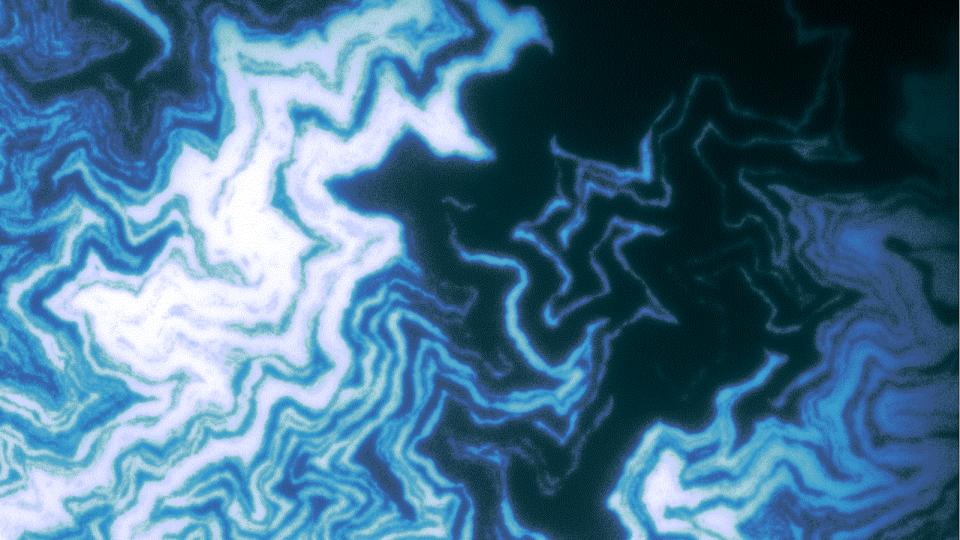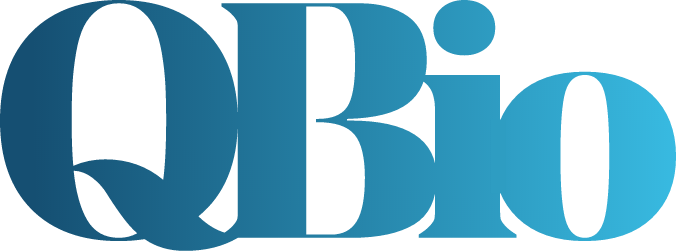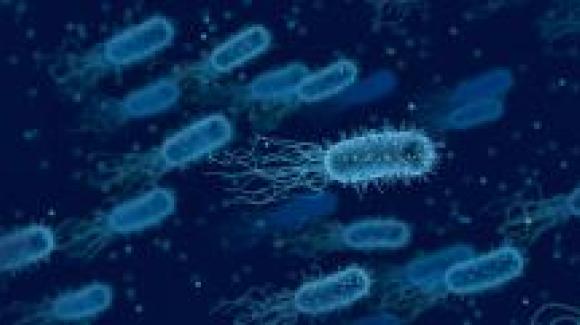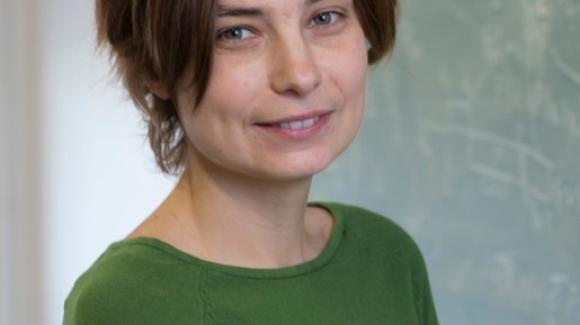
Image

The QLab hosted its first PSL week in march of 2024, which allowed many students from PSL schools to discover QBio's projects.
The Qlab hosted its first PSL Week on March 4, 2024. Julie Plastino (LPENS), Daniel Amor (LPENS), Terence Strick (IBENS), Zoher Gueroui (ENS Dpt Chimie), Jérôme Wong (Institut Pasteur), Mohyeddine Omrane (LPENS) and Jean-Francois Allemand (LPENS) supervised 12 students from various backgrounds (ESPCI, Mines, Master Chimie-Paristech, ENS Physique, ENS DEC), most of whom had little knowledge of biology. Projects were spread over several days, sometimes a whole week.
Proposed activities included: propelling microbeads by actin polymerization, using bacteria as molecular sensors, building an evanescent wave microscope or optical tweezers, tracking bacteria in concentration or magnetic field gradients, spatial competitions of bacterial strains under different conditions, or antibiotic resistance in bacterial communities. The possible themes were presented on Monday morning, and after a necessary reminder of safety rules, the students chose, in pairs or trios, their subject for the week.
The week enabled students to discover new experimental techniques, with close supervision but plenty of room for initiative and open-ended subjects. Each group of students presented a summary of their week on Friday afternoon, so that everyone could see what the others had done.
Feedback from the students indicated that they appreciated the opportunity to discover topics that had been little covered in their schooling, new experimental techniques, and the quality of responsive supervision that gave them autonomy. The teaching team appreciated the students' commitment and willingness to discover new things, with infectious enthusiasm. Above all, the Qlab has already proved to be a very good pedagogical platform for the interface between biology, physics and chemistry, and the results of this first week have provided guidelines for the future of the Qlab project.
The team is therefore keen to repeat the experience as soon as possible!




Be the first to review this item, please login or register.
Sign-in Register